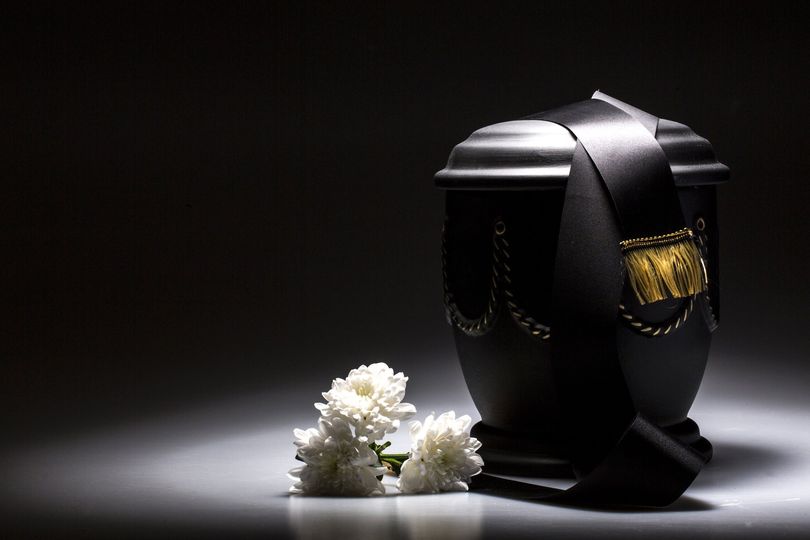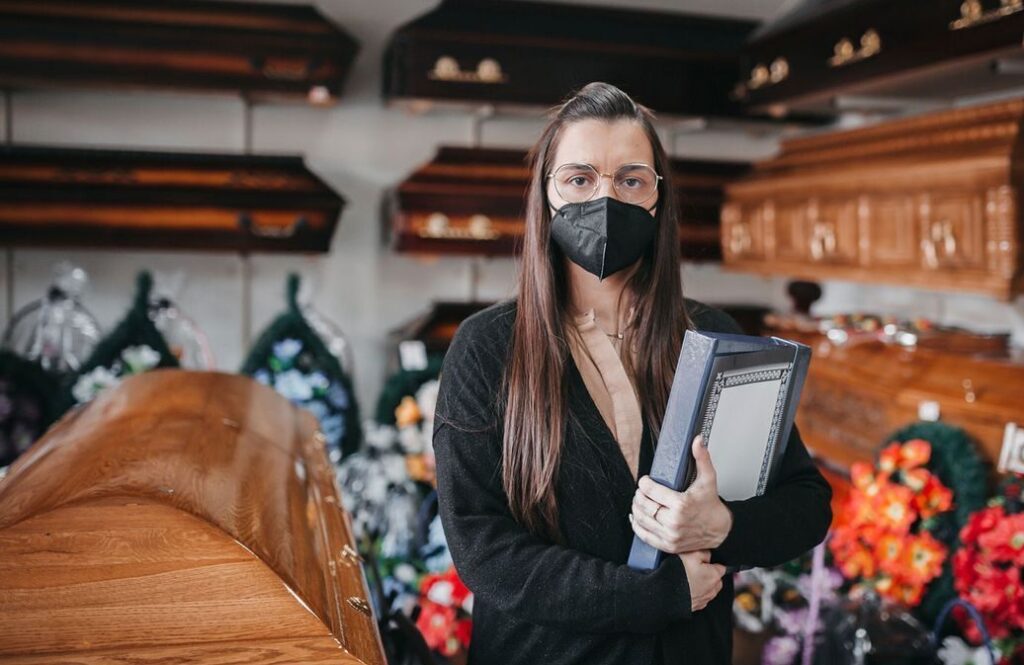Cremation is the process of reducing a dead body to the most tiniest bits of bone resembling ash that involves exposing the body to flame and intense heat followed by pulverization of bone fragments. It leaves behind an average of 2.4 kg of remains referred to as ashes or cremains. Cremation is a funeral or post funeral rite and it is an alternative to burial. The Cremation Society works as a registered charity, promoting the practice of cremation as a rational safe and dignified method of disposal thought the UK.
By the last part of the 19th century, demand for cremation in UK’s cities began to grow on the ground of hygiene and cost. Funerals were expensive and elaborate affairs and involved a large amount of pomp and ceremony. People could not often afford what was expected of them to cater for funerals. In addition, the burial grounds of Britain’s largest cities were becoming overcrowded as the population rose and it was seen as a potential health hazard. As a result, the cremation Society was formed in 1874 in London by Sir Henry Thompson, so as to campaign for cremation to be allowed in the UK.
In 1878 the Cremation Society built the UK’s first crematorium on a piece of land it had purchased near Working in Surrey and in 1979 it carried out a successful cremation on the body of a horse. People complained and they were banned from using the crematorium by the Home Secretary, on the grounds that it could be used to destroy a body that was evidence of murder. Opposition to cremation still lingered in the country that was largely Christian until the first World War, when the huge number of deaths started to change people’s attitude on cremation. Princess Louise was the first member of the Royal Family to be cremated in the war period, former Prime Minister Ramsay MacDonald and Neville Chamberlain chose to be cremated. In 1994, the Archbishop of Canterbury was cremated as was his predecessor Cosmo Lang two years later showing Christians the practice was acceptable. In 1930, new cremation regulations were issued and are still largely in place today, and cremation is now the most popular type of funeral in the UK.



